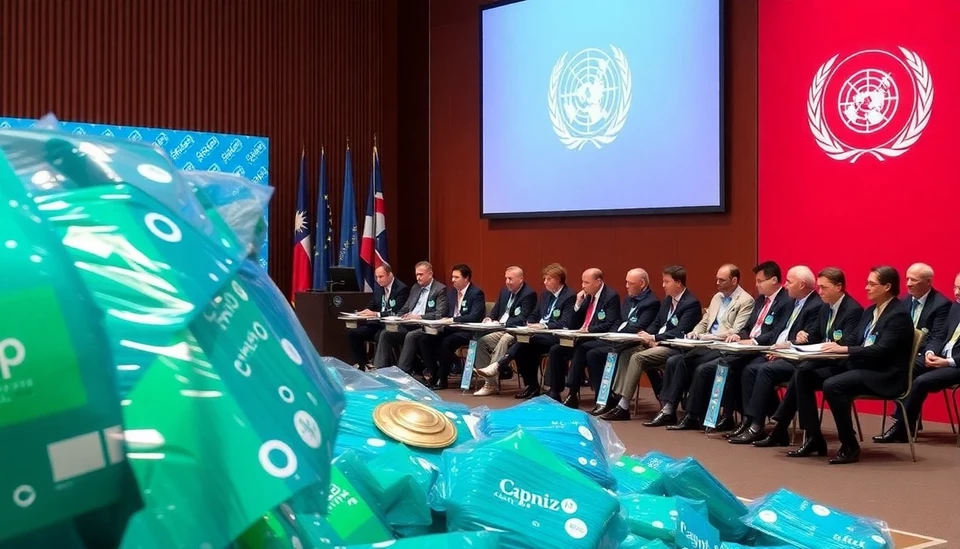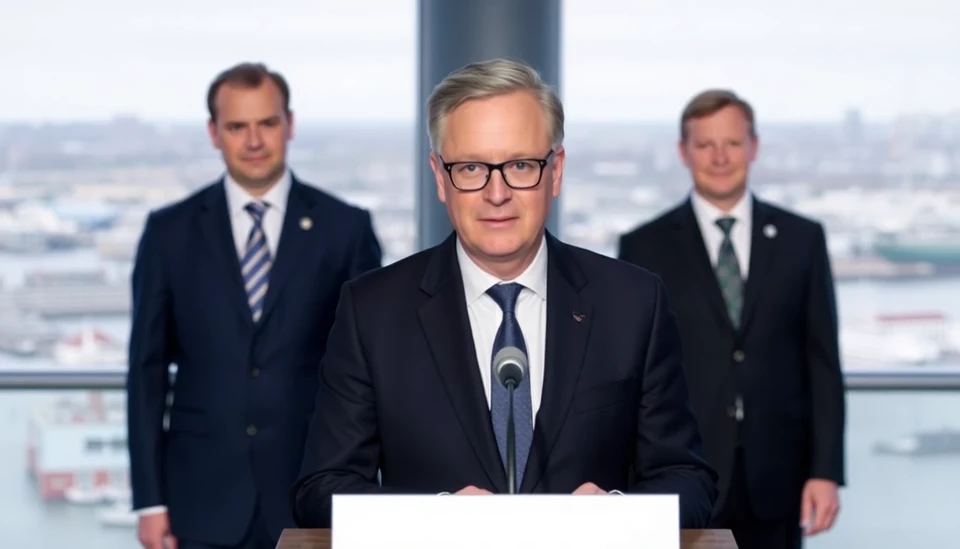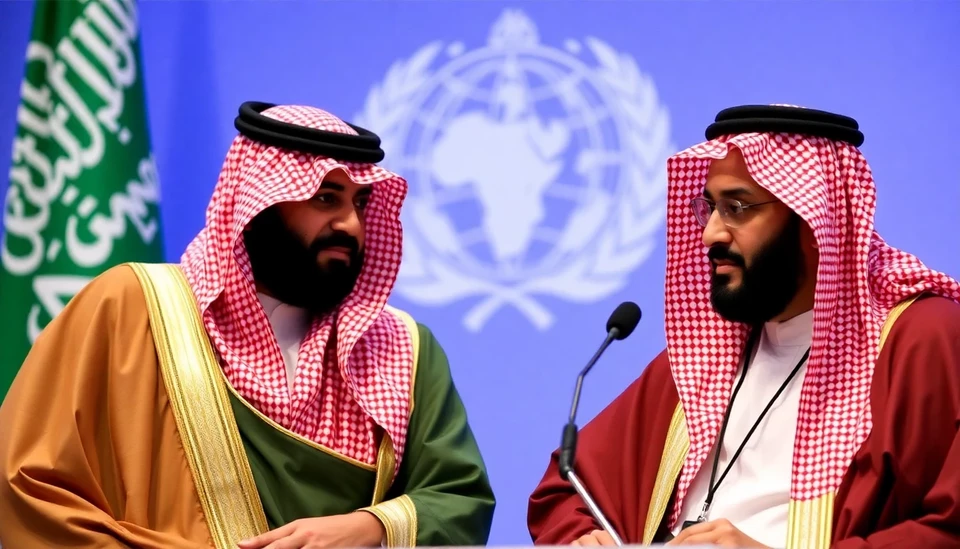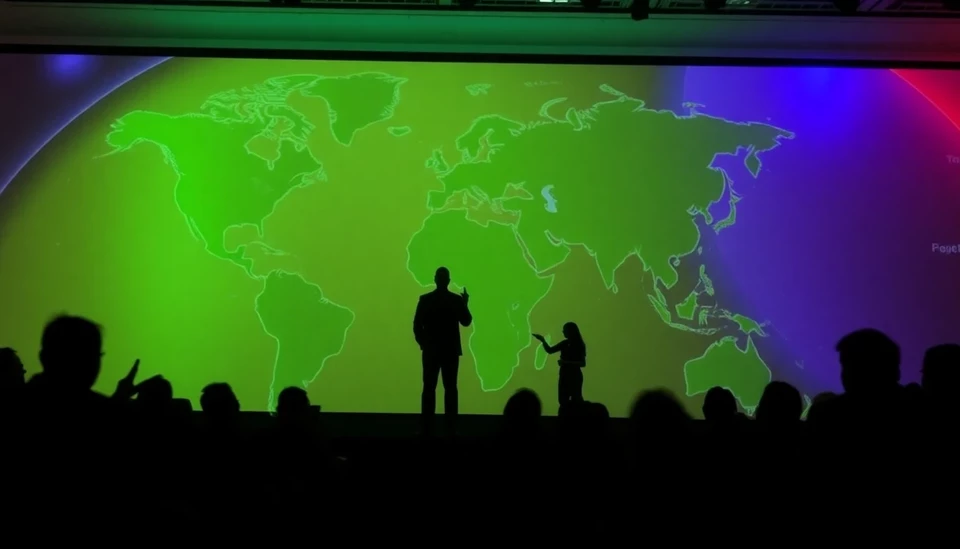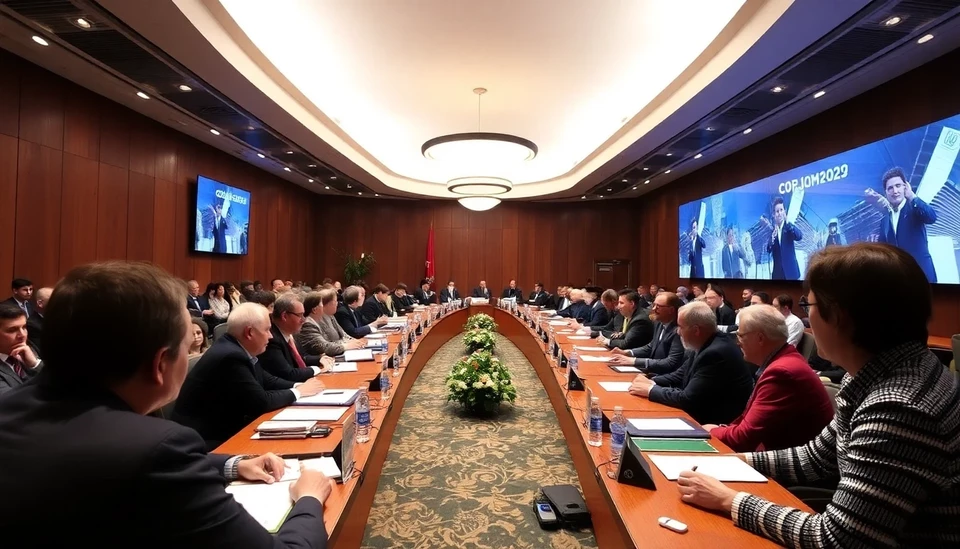
The recent United Nations Climate Change Conference, COP29, held in November 2024, was marked by high-stakes negotiations and a sense of urgency as delegates from around the globe worked tirelessly to finalize a climate agreement. Despite the fraught atmosphere and looming deadlines, a coalition of nations managed to forge a deal that was hailed as a path forward for international climate action, albeit with significant compromises.
This year's conference was significantly shaped by geopolitical tensions and economic concerns, with delegates facing a myriad of challenges ranging from funding dissensions to agenda conflicts. The negotiations almost derailed entirely due to disputes over financial commitments, particularly from developed nations. A primary sticking point was the long-sought $100 billion annual fund aimed at supporting developing countries in their climate initiatives. Delays in these funding promises had created a rift, prompting fears that nations on the brink of climate disaster would be left without the necessary resources to enact their plans.
As the conference unfolded, it became increasingly clear that countries needed to exhibit greater flexibility to achieve consensus. A series of late-night negotiations and behind-the-scenes discussions occurred as diplomats worked diligently to bridge the divides. Key players emerged among the nations, particularly from the Global South, who threatened to withdraw from discussions if their demands for fairer financial arrangements were not met. These concerns were compounded by the rapid pace of climate change and the need for immediate, impactful action.
The turning point came when negotiators from wealthy nations agreed to a new detailed framework that would not only increase transparency in financial contributions but also create mechanisms for more responsive funding arrangements in times of urgent climate need. This adjustment was significant as it established a process for rapid disaster response funding, addressing criticisms that previous agreements had been too slow and bureaucratic.
In an unusual twist, representatives from both industrialized and developing countries began to recognize the mutual benefits of collaboration. The formation of cross-regional alliances allowed nations with similar interests to push stronger proposals, including enhanced commitments to emissions reductions and technology sharing initiatives. As the deadline approached, the sense of urgency fostered a collaborative spirit, easing tensions and fostering compromise.
The final agreement, which emerged after prolonged discussions, established a mix of long-term targets alongside immediate actions focused on carbon emissions reduction and renewable energy investment. Although the deal was celebrated as a critical step forward, it was not without its detractors, as concerns over loopholes and insufficient binding commitments were raised.
In the closing hours of COP29, amidst applause and sighs of relief, leaders touted the deal as a “historic achievement” in climate diplomacy. However, it was clear that while the agreement laid out formal commitments, the real challenge lay ahead in implementation, particularly in ensuring that financial pledges would translate into real-world impacts.
The sentiments expressed by many delegates echoed a broader anxiety about climate change itself; the window for effective action is closing rapidly, and while agreements can be made in conference rooms, the tangible, on-ground efforts will determine the future health of the planet. The pivotal takeaway from COP29 is that despite the noisy negotiations and underlying tensions, the resilience of international collaboration may yet provide the vital momentum needed to confront the pressing threats posed by climate change.
As the world continues to grapple with the consequences of climate change, the importance of COP conferences not only as negotiation platforms but as crucial gatherings for climate solidarity remains evident. The call for action is louder than ever, and COP29 served as a necessary, albeit challenging, reminder of the work that still lies ahead.
#COP29 #ClimateChange #GlobalWarming #ClimateAction #UNClimateConference
Author: Sophie Bennett

